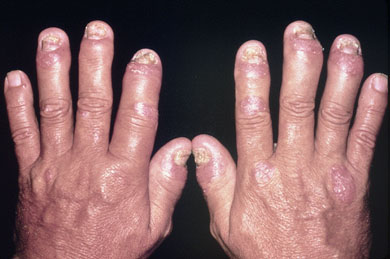It’s been a while since I have posted here. It’s been stressful lately with application going out, asking for letters of recommendation, waiting for word from programs.
I’ll be happy when it’s over.
In the meantime, here’s a video I found and am sharing in honor of breast cancer awareness month — because early detection saves lives.





